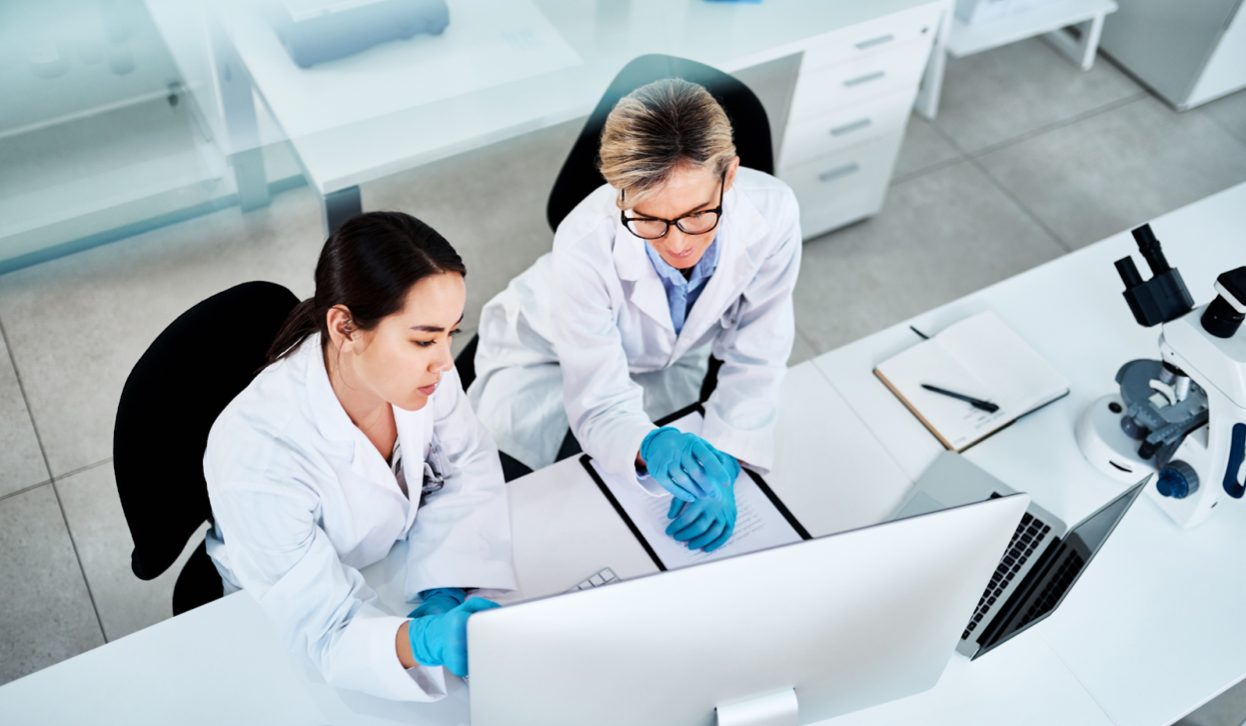The pharmaceutical industry is increasingly focused on bioequivalence studies as a cornerstone for generic drug development. These studies ensure that generic drugs demonstrate therapeutic equivalence to branded counterparts, a requirement for regulatory approval and market entry. Among global destinations for such studies, India has emerged as a leader, offering Top CROs for bioequivalence studies in India that combine cost-effectiveness with technical expertise.
The Significance of Bioequivalence Studies
Bioequivalence studies are integral to ensuring that generic drugs meet the safety, efficacy, and quality standards of their branded equivalents. Regulatory authorities such as the U.S. Food and Drug Administration (FDA), the European Medicines Agency (EMA), and the Drugs Controller General of India (DCGI) require these studies for generic drug approval. Key purposes include:
- Demonstrating Therapeutic Equivalence: Ensuring the same clinical outcome for patients.
- Regulatory Compliance: Meeting global standards for drug approval.
- Accelerating Market Access: Enabling cost-effective entry into competitive pharmaceutical markets.
Bioequivalence studies typically involve pharmacokinetic assessments comparing parameters like the drug’s absorption, distribution, metabolism, and excretion (ADME) profiles. Given their technical complexity and regulatory importance, these studies require specialized expertise and facilities.
Why India is a Global Hub for Bioequivalence Studies
India’s rise as a preferred destination for bioequivalence studies is underpinned by several factors that create an unbeatable value proposition for pharmaceutical companies.
- Cost Efficiency
Conducting bioequivalence studies in India can be up to 50% cheaper than in Western countries. Cost savings are derived from:
- Lower Operational Costs: Affordable infrastructure, utilities, and supplies.
- Competitive Workforce Salaries: Highly skilled professionals are available at a fraction of the cost compared to counterparts in the U.S. or Europe.
- Optimized Processes: Use of advanced technology to streamline operations and reduce timelines.
- Regulatory Expertise and Compliance
Indian CROs are adept at navigating the stringent regulatory requirements of multiple jurisdictions, including:
- FDA and EMA Standards: Ensuring seamless submissions for the U.S. and European markets.
- Good Clinical Practice (GCP): Adhering to internationally accepted guidelines for study quality.
These CROs maintain robust systems to ensure data integrity, traceability, and confidentiality, reducing the risk of regulatory rejections.
- Skilled Workforce
India boasts a deep pool of scientific talent, including pharmacologists, biostatisticians, clinical researchers, and project managers. Their expertise spans:
- Designing and executing complex bioequivalence studies.
- Utilizing advanced bioanalytical techniques.
- Managing large-scale, multi-site clinical trials.
- Cutting-Edge Infrastructure
Leading CROs in India have invested heavily in infrastructure to meet global standards. This includes:
- State-of-the-Art Laboratories: Equipped for high-throughput bioanalytical testing.
- Clinical Units: Specialized facilities for conducting clinical trials with healthy volunteers or patient populations.
- Data Management Systems: Ensuring accuracy, security, and compliance in handling clinical trial data.
- Access to a Diverse Population
India’s diverse genetic pool and large population make it ideal for recruiting study participants who represent global demographics. This ensures that results are relevant and acceptable across multiple regions.
Top CROs in India for Bioequivalence Studies
Several CROs in India have established themselves as leaders in the field, offering comprehensive services that cater to global pharmaceutical needs. Notable names include:
- Syngene International: Known for its end-to-end drug development services and bioanalytical expertise.
- Lambda Therapeutic Research: Specializes in conducting bioequivalence and clinical trials with a focus on quality and speed.
- Veeda Clinical Research: Offers extensive experience in bioequivalence studies across various therapeutic areas.
- Cliantha Research: Renowned for its global presence and high standards in clinical research.
Economic Benefits for Pharmaceutical Companies
Outsourcing bioequivalence studies to Indian CROs provides tangible economic advantages for pharmaceutical companies.
- Reduced R&D Costs
Conducting bioequivalence studies can save companies money, freeing up resources for other critical research and development activities, and enabling them to focus on innovation.
- Faster Time-to-Market
Indian CROs leverage their expertise and advanced infrastructure to expedite study timelines, ensuring quicker approvals and market entry.
- Scalability
With their large capacities and ability to handle multiple studies simultaneously, Indian CROs allow companies to scale their operations efficiently without compromising quality.
- Value-Added Services
Many Indian CROs offer integrated solutions, including pharmacovigilance, regulatory submissions, and post-marketing surveillance, providing end-to-end support for drug development.
Challenges and How Indian CROs Overcome Them
While Indian CROs excel in delivering bioequivalence studies, they face challenges such as:
- Increased Regulatory Scrutiny: Stringent inspections by global regulatory authorities.
- Intense Competition: Growing rivalry among CROs to secure contracts.
To address these challenges, Indian CROs focus on:
- Continuous improvement of quality management systems.
- Investing in staff training and development.
- Adopting innovative technologies like artificial intelligence (AI) and machine learning (ML) for data analysis.
Future Trends in Bioequivalence Studies
The landscape of bioequivalence studies is evolving, driven by technological advancements and changing regulatory expectations. Future trends include:
- Digital Transformation: Increased use of AI, ML, and big data analytics for efficient data handling and decision-making.
- Sustainability Initiatives: Focus on green practices to minimize environmental impact.
- Global Partnerships: Enhanced collaboration between Indian CROs and international pharmaceutical companies to address complex study requirements.
Conclusion
India’s CROs have transformed the bioequivalence study landscape, offering a compelling mix of cost-efficiency, expertise, and regulatory compliance. By outsourcing these critical studies to Indian CROs, pharmaceutical companies can achieve significant savings, expedite drug development, and maintain high-quality standards. As the demand for affordable healthcare grows, the role of Indian CROs in enabling accessible and safe medications will only become more prominent.
